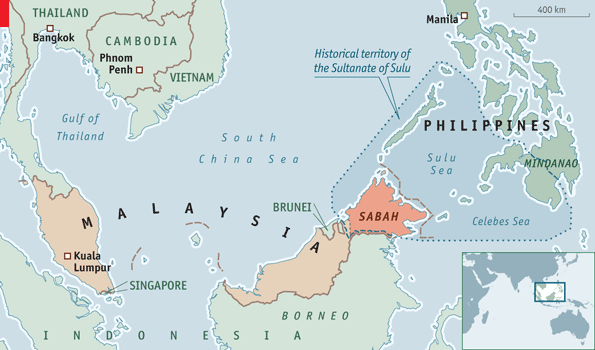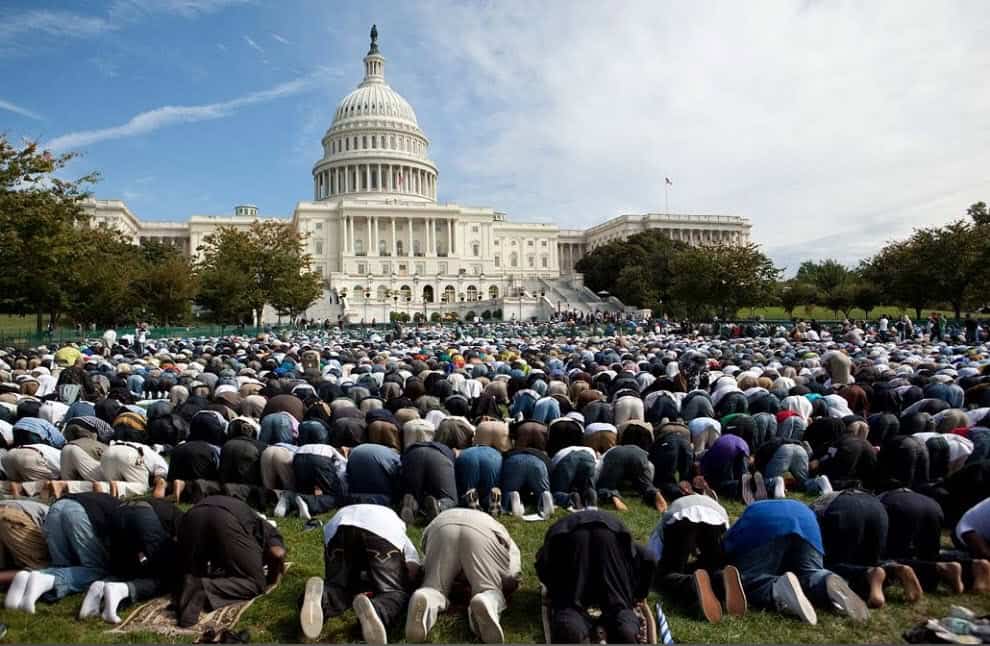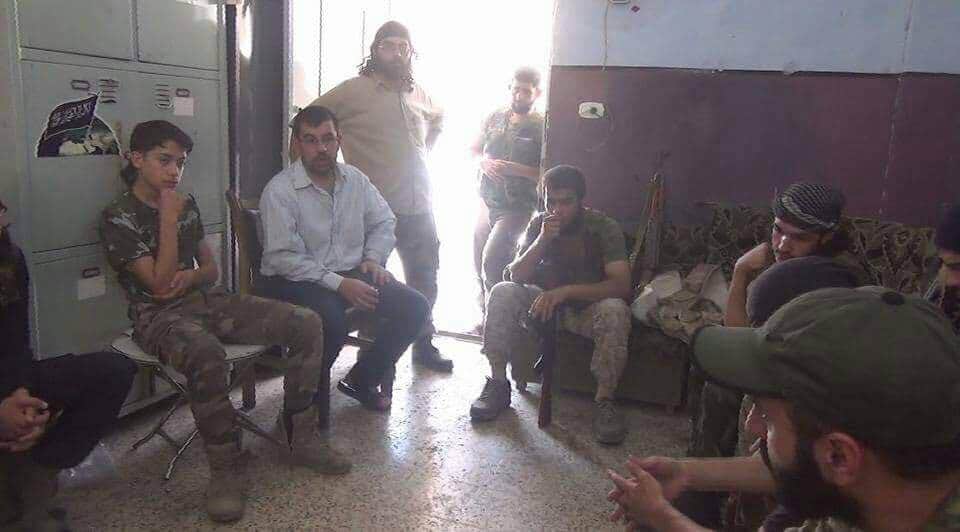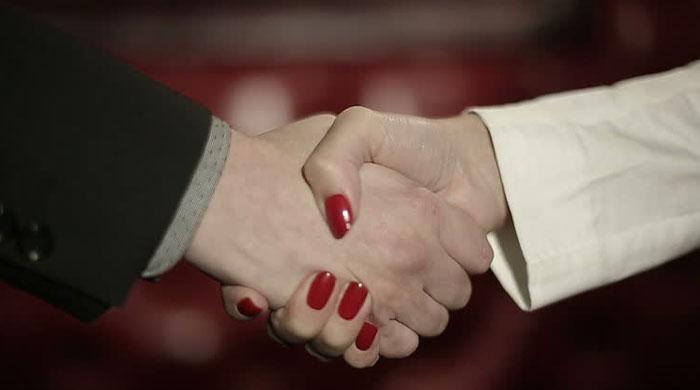Hundreds of thousands of Muslims in the Philippines remain in a precarious situation, caught in fighting between pro-ISIS fighters and a harsh government response that typifies President Duterte’s brutal treatment of the Moro Muslim minority. The city of Marawi has suffered devastation described “like that of Mosul, Iraq” as a result of the military’s constant bombardment of it over the past 2 months in response to an ISIS style and inspired insurgency.
History
Marawi is a mainly Muslim city of about 200,000 people where Moro Muslims have lived for centuries. Moro Muslims inhabit the Sulu and Mindanao islands in the southern Philippines, an area also considered to have strategic value as a path of world shipping, world trade, and military interests. A location with this profile clearly invites a lot of attention, as it has for several decades, with tensions in the area being internationally recognised but unresolved.
The prolonged conflict in the Southern Philippines stems from rivalry between Muslims and the Christian missionary efforts in Southeast Asia after the 13th century. Historically, Mindanao was an independent kingdom, when, at the end of the 13th century, Muslim merchants came to the region. In the time to come, Islam developed well as part of the social fabric. By the end of the 14th century, a Sultanate had been established in Mindanao.

Historical territory of the Sultanate of Sulu, which also extended to part of Borneo
The other Island, Sulu, is also an archipelago located in the southern part of the Philippines. This city was a trade route and became one of the political forces of the 15th century. Like Mindanao, Islam entered and grew in Sulu through the Arabs passing through Malacca, Borneo, and the Philippines.
When the Spanish landed in Mindanao and Sulu in 1565, they attacked the Islamic sultanate, sparking a long and violent struggle that lasted around 350 years on and off. However, Spain never succeeded in ruling and completely taking over the sultanate.
After Spain lost the Spanish-American War against the United States in 1898, the Philippines was handed over to the United States. The areas of Mindanao and Sulu that were never controlled by Spain were also handed over to the US. Muslims there subsequently rebelled against the American occupation and finally on August 20, 1899, the Sultan of Sulu signed a peace agreement with America.
Then, in 1902, the US created the Moro province that included Mindanao and Sulu. Since then, the territory of the Southern Philippines was directly controlled by the capital Manila.

The Pacific theatre of the Spanish–American War
The Moro Muslims have experienced severe hardship and oppression since. The Philippine government regards them as rebels and even though the region is the most fertile and richest area with regards to natural resources in the Philippines, the government has forbidden Muslims from being able to settle and administer their own territory or control their own wealth.
False association between Muslim resistance and criminal militant groups
The criminalisation of Muslims’ struggle against oppression is certainly not a new thing, and in fact predates even the West’s “War on Terror”.
Groups like the Abu Sayyaf and the Moro National Liberation Front (MNLF) have been blamed and labelled as terrorists for a long time, despite being seen by many Muslims as legitimate resistance fronts in the face of unrelenting government oppression.
More recently, the Maute group (so named after its leader Abdullah Maute, and also known as the Islamic State of Lanao) – which is inspired by ISIS – has been used by the Duterte government to legalise the most recent inhumane development in the Muslim minority’s treatment, namely the adoption of martial law against the 300,000 Moro Muslims.
In this way, a group linking itself to a universally denounced criminal organisation (ISIS) that has been rejected by the Muslim ummah has come to be lumped together with other fighters who carried a long-standing struggle. The Duterte government has thus adopted a convenient strategy of linking the broader and noble historical struggle with this faction which is known to act without Muslim interests at heart.
Recent Developments and what is incumbent on Muslims
On 23 May, Philippine President Rodrigo Duterte declared martial law in the city, a day after a deadly siege of Marawi for which the ISIS-inspired Maute group claimed responsibility.
On 10 June, Muslims expressed their outrage over martial law abuses in Marawi City by military men, police, and other law enforcement agencies which have resulted in the rampant loss of properties and possessions of innocent civilians. Since then, constant bombardment has taken place, resulting in incredible amounts of damage to the once bustling city, in scenes which are reminiscent of the devastation unleashed on Muslims in Iraq and Syria of late.

Satellite images show the extent of devastation in Marawi, Philippines. Picture: Stratfor.com
The battle has resulted in dozens of deaths and triggered a humanitarian crisis in the country. According to the Philippines government, more than 330,000 people have been forced to flee their homes. These mass evacuee Moro Muslims are now suffering from a crippling food crisis.

Satellite images show the extent of devastation in Marawi, Philippines. Picture: Stratfor.com
Despite the complexity of the Moro Muslim struggle in their local context, the Ummah has a responsibility to stand in with our brothers and sisters in the Philippines, helplessly embroiled in this difficult situation between a violent insurgency and a harsh, oppressive government.
We should continue to strongly oppose insincere “anti-terrorism” measures such as the martial law implemented upon the Moro Muslims, given its clear goal to antagonise and harm the Muslim population there. Innocent Moro Muslims were put under Duterte’s boot in tactics sold behind the guise of security concerns, as well as Duterte’s own strongman power plays. Another version of a story that plays time and time again in this misguided, global “war on terror”, whose sole targets remain Muslims and their aspirations for political independence.
This article is an amended translation of an Arabic article produced by the Central Media Office of Hizb ut-Tahrir.
![]()















